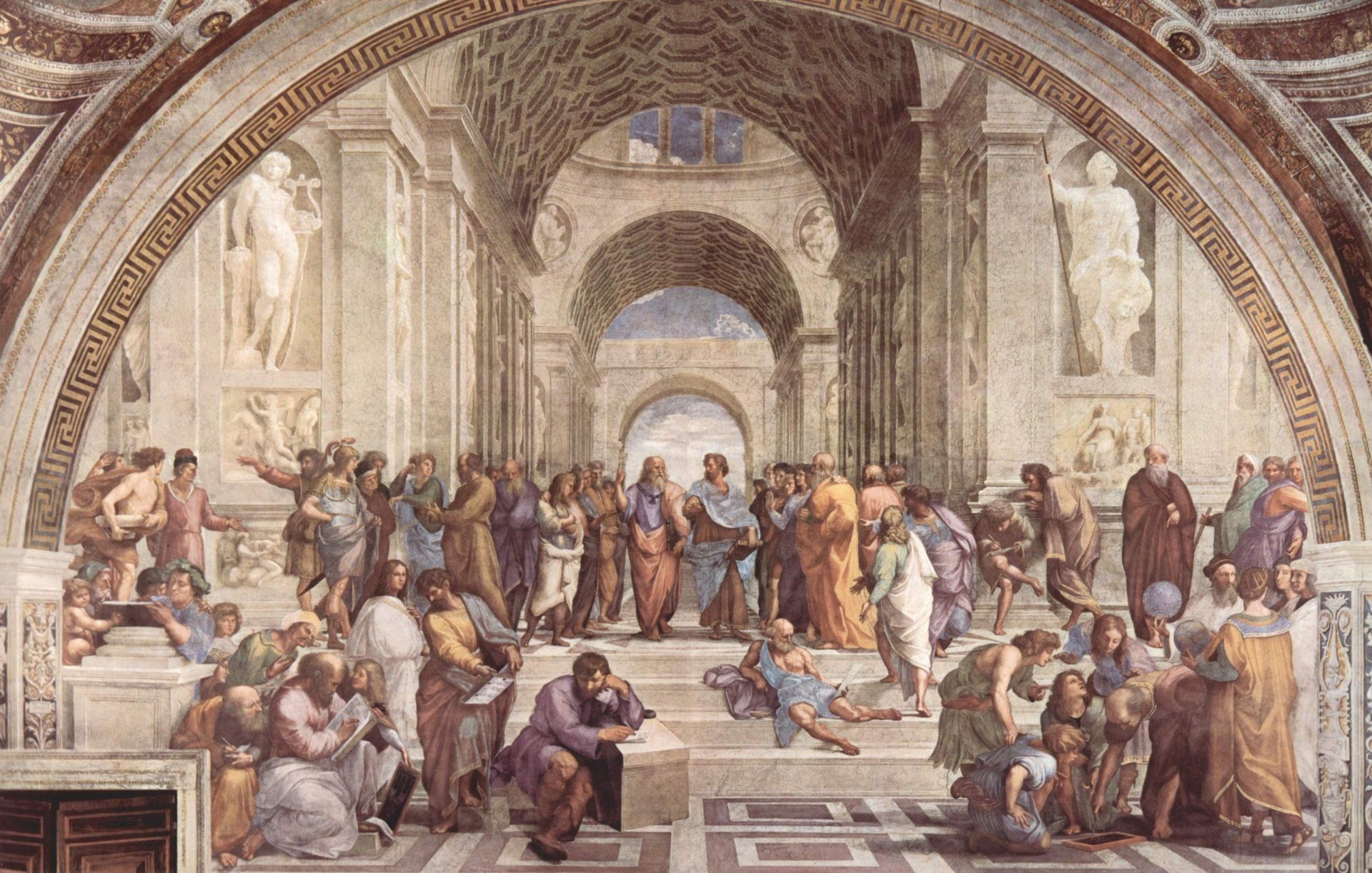Religious Studies
Religious Studies
We engage in the deepest questions of faith, life, truth and hope. 1 Peter 3:15
We recognise that good religious education is the foundation of the entire educational process. We comprehensively and systematically study key religious and ethical questions, ensuring the curriculum is academically rigorous and challenging.
Character development is our primary aim, which we strive for through academic excellence. In this respect, the subject plays an important role in ensuring that the school lives out its ethos, encouraging students to grow in virtues such as generosity and self-discipline. However, we also recognise the wider role of RS in the wider formation of a student’s character in ensuring a student’s ability to discern the meaning of their existence.
The subject also ensures that, in line with governmental guidance, students are taught British values such as individual liberty, mutual respect and tolerance of those of different faiths and beliefs. Relationship and Sex Education is also included in the RS curriculum, following the guidelines as set out in the model Catholic secondary RSE curriculum published by Catholic Bishops Conference of England and Wales, which the DfE has cited as a ‘model of good practice.’
All students at The Cedars study RS up to GCSE level, with the number of lessons increasing from two a week for Years 7-8, to three lessons a week for Years 9-10, and to four lessons in Year 11. This provides adequate time for the completion of an intensive curriculum and for meeting RSE requirements.
Years 7 – 8
At Key Stage 3, many of the topics covered at the Cedars prepare the pupils for the Religious Studies AQA B GCSE, which includes the study of Catholic Christianity and Judaism. However, as part of the school’s wider ethos, the syllabus is also designed to arouse pupils’ intellectual curiosity and cover key RSE topics.
In terms of GCSE course preparation, pupils cover the main themes and narratives of the Old Testament in Year 7 chronologically, from Creation and the Fall through to the Exodus, the establishment of Israel, the monarchy under Saul, David, and Solomon, the division of the kingdom, the Babylonian exile, and the return from exile. This study includes key stories, characters, and events such as Abraham's covenant, Moses and the Ten Commandments, Joshua and the conquest of Canaan, the judges, and prophets. They are introduced to key events, religious language, and concepts relating to covenants, the Passover, and Jewish expectations about the Messiah, all of which relate particularly to their study of Judaism at KS4.
In Year 8, pupils explore some of the key philosophical questions relating to the existence of God, the problem of evil, and theodicy. They cover attributes of God, the doctrine of the Trinity, inspiration, Biblical interpretations of Genesis, and theological truths. Pupils investigate the identity of Jesus and the biblical and non-biblical evidence for Jesus as God-made man, incarnate, including C.S. Lewis’ ‘Trilemma’ and alternative perspectives. They learn about the biblical foundations for the Church, mission, and the Sacraments. Finally, pupils examine Christian eschatological beliefs—death, judgment, heaven, and hell. Special emphasis at KS3 is placed on pupils acquiring foundational knowledge in terms of what scripture means for Catholic Christians, the Canon, and the Magisterium, all of which relate particularly to their study of Catholic Christianity at KS4.
RSE at KS3 follows the guidelines set out in the model Catholic secondary RSE curriculum published by the Catholic Bishops' Conference of England and Wales. KS3 topics in the RSE curriculum include: respectful relationships, including friendships, online and media, being safe, intimate and sexual relationships including sexual health, internet safety and harms, and the changing adolescent body. Our main resources for the teaching of RSE at Key Stage 3 include the "Life to the Full" programme developed by Ten Resources, a Catholic, family-run organization based in North London which produces high-quality resources for schools.
Key Stage 4
At KS4, the AQA Religious Studies GCSE, Route B (8063), consists of two topic areas, divided into two examinations: Paper 1: Catholic Christianity (50%) and Paper 2: Judaism Beliefs and Practices (25%) and Themes A and C (25%). The latter includes many of the topics that the school teaches as part of its RSE programme. The specific themes in Paper 2 are the following: Religion, Family & Relationships, including the Theology of the Body (Theme A) and Religion, Human Rights & Social Justice (Theme C).
Paper 1 Catholic Christianity includes the following components, which offer a comprehensive exposition of Catholic belief: Creation, Incarnation, Redemption, Triune God, Church and the Kingdom of God, and Eschatology.
Sixth Form
In the Sixth Form, students study ‘Core RE,’ a rich and varied programme covering a diverse range of topics, from communication skills, current affairs, and interview practice to the relationship between faith and science, the impact of religious belief on culture, and Philosophy and Ethical Theory. The programme also touches on some of the key themes in the Religious Studies OCR A Level but is not externally assessed.



